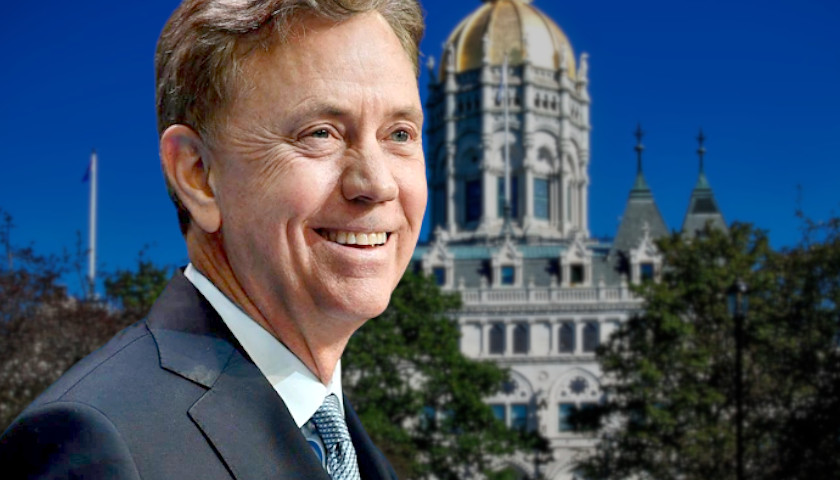by Dave Fidlin
The efficacy of crime task forces, status of CTtransit bus lines and issuance of non-driver IDs were among the wide ranging issues Connecticut lawmakers dug into with state officials at a recent hearing looking into the back half of Gov. Ned Lamont’s biennium budget.
Members in both chambers of the General Assembly’s Appropriations Committee held a hearing Feb. 18 with state officials serving on transportation, regulation and protection agencies.
James Rovella, commissioner of the Connecticut Department of Emergency Services and Public Protection, addressed how Lamont’s fiscal year 2023 budget will assist with a number of initiatives, including several targeted task forces aimed at such issues as violent crimes and stolen vehicles.
Lamont is proposing a 2.4% increase in the fiscal year 2023 budget from what initially was proposed a year ago when the full biennium budget was adopted by the legislature.
A portion of Lamont’s proposed increases could funnel into Rovella’s office.
“I fully support the governor’s recommended budget adjustments,” Rovella said. “They’re going to address backlogs and increase turnaround times in our state crime lab. They’re going to increase training times for our law enforcement officers and all of the troopers. It’s also going to address violence protection measures and illegal firearms.”
This past year, Rovella touched on some of the responsive task forces in various areas of the state that were formed to address crimes.
“We noticed an uptick on stolen cars, and we noticed that what we could do is begin to fund a lot of the municipalities with an overtime budget so they could work strictly on stolen cars,” Rovella said. “We’re going to duplicate that this time around.”
In the year ahead, Rovella said his office is planning to double down on violent crimes and bring together urban communities and their outlying suburbs.
“We’re back to tough times in our cities and the surrounding areas, where most of our homicides and our non-fatal shootings apply,” Rovella said. “We no longer live in an era where the boundaries matter to the bad guys and the bad girls.”
State Rep. Toni Walker, D-New Haven, a co-chair of the Appropriations Committee, asked Rovella about the efficacy of his office’s programs this past year.
“My year-end statistics are not in yet. (The data) dribbles in,” Rovella said. “But from what we’ve seen so far, we’re beginning to see a reduction in stolen cars, which is a good sign, and I’m also starting to see somewhat of a reduction, although smaller, in the amount of violent crimes involving guns.”
In terms of transportation, the condition of the state-run CTtransit bus system was a topic that cropped up during the meeting, particularly in recent years as ridership numbers ebbed and flowed amid the pandemic.
Garrett Eucalitto, deputy commissioner with the Connecticut Department of Transportation, said overall ridership on CTtransit currently averages 70% capacity – a figure, he said, that is above the national average.
A study of potential bus line realignments also is underway, Eucalitto said, pointing out that many of the current routes were put in place in the 1960s and 1970s and, in some cases, have become antiquated.
The Department of Motor Vehicles also was involved in the Feb. 18 Appropriations Committee meeting.
Sibongile Magubane, commissioner of the state agency, shared various pieces of data, including a requested added infusion of $1.3 million to create license plates – the result of a 67% increase in aluminum costs.
Magubane did not have a ready answer to a question concerning the potential continuation of Connecticut waiving fees for non-driver photo IDs for youth and the homeless.
“I’ve had numerous people wanting to know and inquire what the status is with regard to that happening because a lot of people are using them for jobs and housing,” state Rep. Anthony Nolan, D-New London, said.
– – –
Dave Fidlin is a contributor to The Center Square.
Photo “Ned Lamont” by Ned Lamont.








